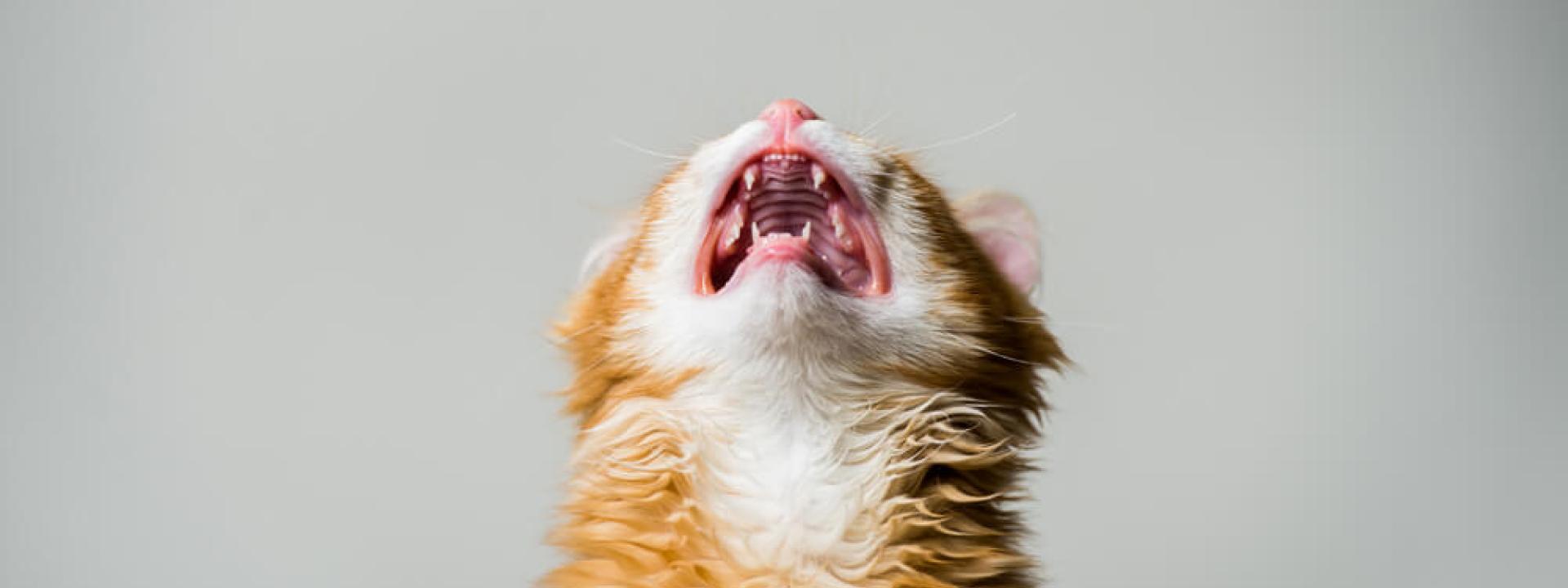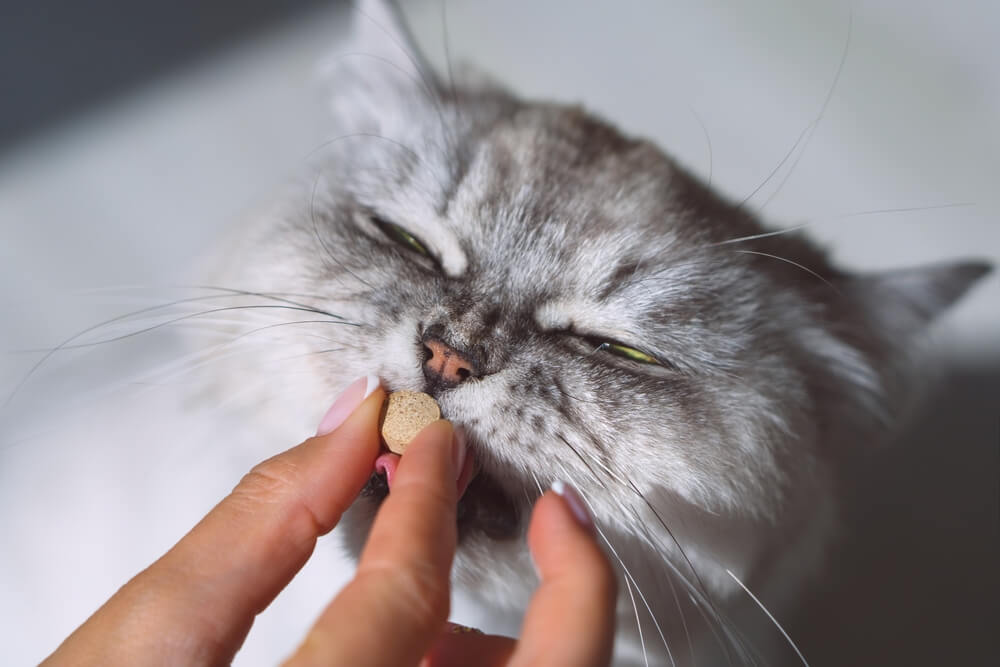
The list of physical and emotional problems in cats that can be attributed to stress is shockingly long. Most pet owners do not realize that minor home environment changes or subtle relationship dynamics can send a cat over the edge, because felines typically internalize anxiety, which is then expressed in a seemingly unrelated way at a later date.
The Tennessee Avenue Animal Hospital team understands how cats operate and knows that chronic stress can be harmful. Here is an overview of how stress impacts cats, how to identify a stressed cat, and what you can do to ameliorate stress and improve your feline’s overall health.
What causes stress in cats?
Cats can become stressed over seemingly insignificant events, but you must consider their point of view. Cats can create social structures, but often like to spend time alone and survey their territory. Stress results when cats do not feel safe, feel threatened by other cats, must compete for scarce resources, or encounter strange people, places, objects, or smells. How well your cat handles a stressful situation is determined partly by genetics, and partly by their socialization during their first few weeks of life. A cat’s stress response, once developed, can be difficult to undo.
Identifying stress in cats
Cats tend to first internalize their stress and anxiety and then act out later in various ways. Stress can also cause problems with their immune and endocrine systems, and lead to various illnesses that characterize stress. The following signs could indicate your cat is stressed:
- Urinating outside the litter box
- Urinary infections and inflammation
- Upper respiratory infections
- Conjunctivitis
- Hiding
- Aggressive behavior toward other pets or people
- Constipation or diarrhea
- Appetite changes
- Sleep cycle changes
Troubleshooting your cat’s stress at home
Providing for a cat’s basic needs is a good place to start if they seem frequently or chronically stressed. Some needs seem obvious, while others are unlikely to cross most pet owners’ minds. According to the Feline Veterinary Medical Association (FelineVMA), the main things your cat needs to reduce their stress include:
- A safe resting place — This should have at least two escape routes and fit only one cat.
- Key resources — Food, water, litter boxes, scratching posts, vertical space, and beds are key resources your cat needs. Provide each cat with a resource set placed in separate house areas to prevent competition.
- Play and predatory behavior — Cats are hunters and need an outlet for this behavior. Wand and laser toys are great ways to stimulate the hunting drive, but ensure you allow your furry pal to “catch” the prey on occasion to avoid frustration.
- Positive human-cat interactions — Provide daily, predictable, and positive interactions with your cat according to their liking. Avoid bringing strangers around too often.
- Respect of smells — Avoid using strong cleaning chemicals or air fresheners that may offend sensitive feline noses. Avoid washing scratching areas, where your cat intentionally deposits their scent to communicate.
Identifying medical issues contributing to cat stress
Any physical problem or pain can contribute to your cat’s emotional stress, and emotional stress can create physical problems. Emotional and physical health are closely linked in cats, and pet owners should strive to proactively care for their felines’ brains and bodies. Routine wellness examinations are crucial, but you should acclimate your cat to their carrier and ask our team about stress-reducing medications that will ensure safe, smooth visits. If your cat shows stress signs, a visit with our team should be your first stop on the road to resolution.
Veterinary treatments for cat stress

When household changes do not resolve your cat’s stress or your cat has extreme emotional or behavioral issues, medical treatment can help. Anti-anxiety and antidepressant medications can often help cats feel more calm and learn healthier ways to deal with stressors. We may recommend referral to a trainer or behaviorist in some cases, especially for chronic inter-cat relationship issues.
Cats are easily stressed and overwhelmed, with some cats more stress-sensitive than others. You can’t go back and change how well your cat was socialized during kittenhood, but you can provide them with basic needs and help them feel secure, so they can adapt better to change.
Contact the Tennessee Avenue Animal Hospital team to schedule an appointment for your cat who seems chronically stressed despite interventions, who shows stress-related illness signs, or for help adjusting your feline friend’s anxiety and stress treatment plan.

